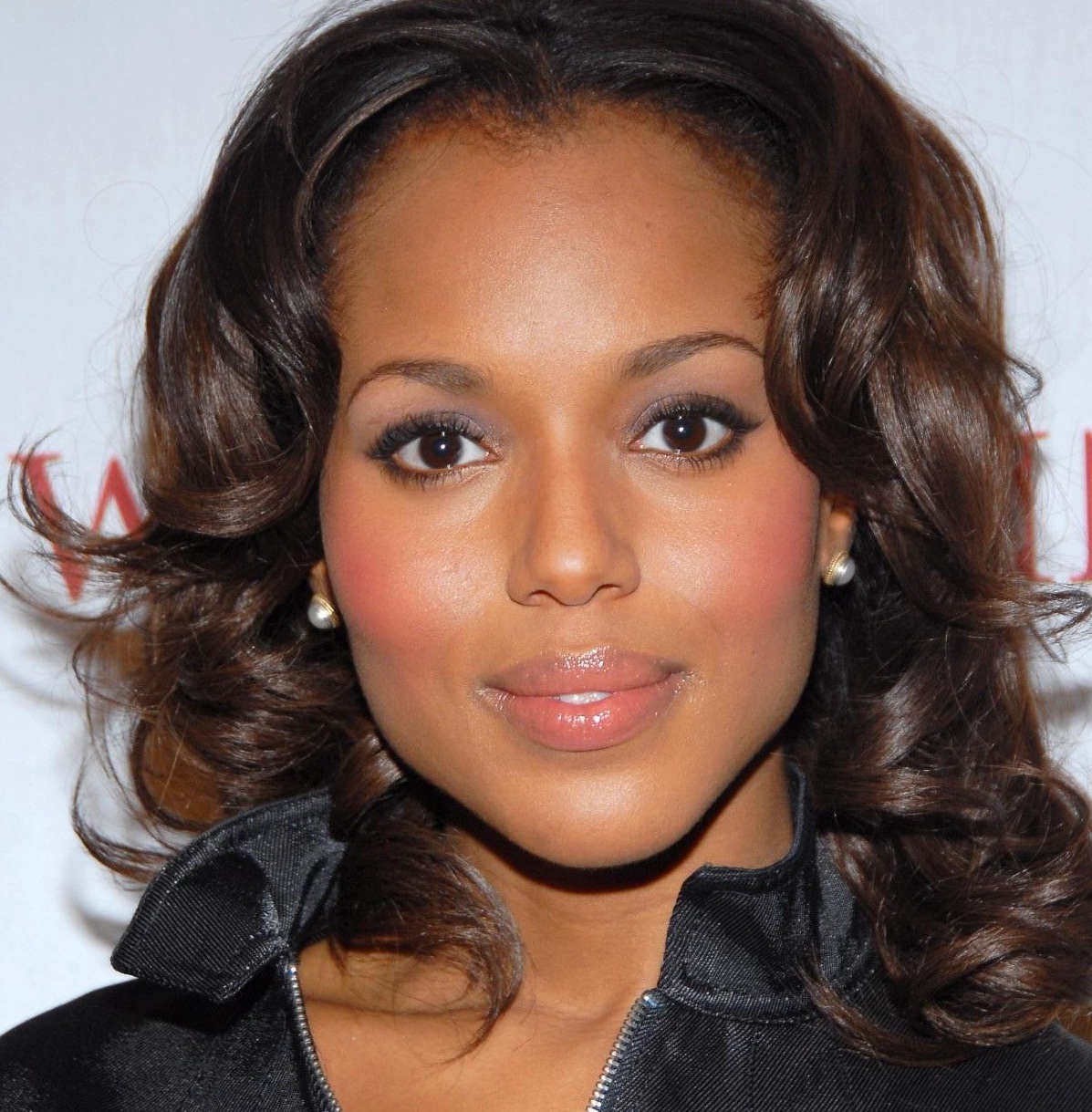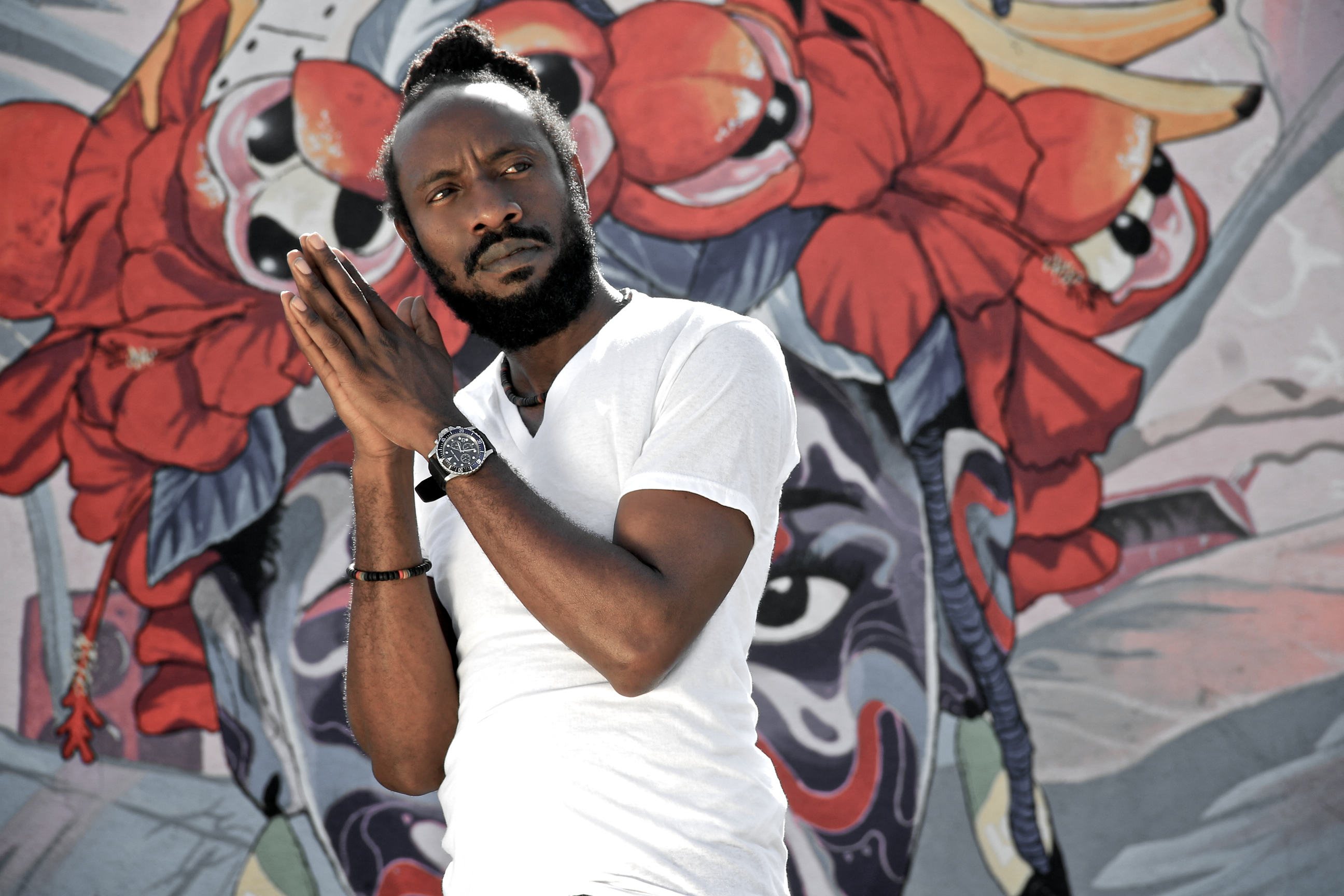Since TV’s infancy, blacks have travelled a bumpy road toward fair representation on TV
By Frazier Moore
THE ASSOCIATED PRESS
More than 60 years ago, a new comedy boasted an all-black cast populating a Harlem community with characters that included an attorney, a small businessman and a civic-club president.
“Amos ‘n’ Andy” was an instant hit in June 1951, when it made the leap to television after decades on radio.
But not everyone loved it. It was blasted by the NAACP for perpetuating black stereotypes with what, at best, were broad characterizations _ particularly Kingfish Stevens, its underhanded mastermind, whose mission in life was avoiding work while cooking up ways to fleece Andy, his dim-witted chum.
For two years, “Amos ‘n’ Andy” remained a Thursday-night fixture on CBS. Its episodes then went into syndication for a successful run that didn’t end until the mid-1960s, when CBS finally yielded to detractors, including the NAACP with its continued pressure, and yanked the reruns from the air.
Even today, the show remains suspect, vilified by some as a display of racism. But “Amos ‘n’ Andy” also stands as TV’s first all-black series, indeed the only one until “Sanford and Son” was introduced by Norman Lear in 1972 during a renaissance of black-oriented sitcoms.
Since TV’s infancy, the march toward fair representation for various races and ethnicities has been circuitous and rocky. Most minorities remain underrepresented, while African-Americans found their place in TV’s version of the world routinely shortchanged or disparaged by producers, networks and sponsors.
Consider singer Nat King Cole, who in 1956 became the first prominent black performer to host a network variety series. Even with the impressively loyal support of NBC (and big-name guest stars, black and white, rallying to join him), Cole got little love from skittish advertisers. “The Nat ‘King’ Cole Show” lasted only a year.
Comedian Flip Wilson got a much warmer reception in 1970 when his NBC comedy-variety show scored as that season’s second-highest-rated series. It ran for four years.
Shortly after, Norman Lear unveiled a slate of hit sitcoms that addressed hot-button issues of the day, particularly racial equality as depicted in “Sanford and Son” as well as CBS’ “Good Times” and “The Jeffersons.” (Though these shows, too, took their share of criticism for promoting stereotypes, particularly the cartoonish J.J. on “Good Times” _ 1974-1979 _ with his signature laugh-line, “Dy-no-MITE!”)
Bill Cosby also helped pave the way. His legacy as a TV trailblazer is taking a beating with the recent surge of sexual abuse allegations. But through the decades, he repeatedly punctured TV’s colour barrier.
Back in 1965, he made history co-starring with a white man (Robert Culp) on NBC’s “I Spy,” the pioneering buddy drama about two fast-living spies who masqueraded as a tennis pro and his trainer.
And, from 1984-92, he starred in “The Cosby Show,” a smash hit for NBC where he played an upscale family man and obstetrician. Cosby’s eight seasons as Dr. Cliff Huxtable clinched his identity as “America’s Dad,” which made the flood of accusations now shattering that image all the more painful for his fans _ and Dr. Huxtable’s.
But there was no denying the distance travelled in the portrayal of black characters on TV.
The first comedy to star a black woman (ABC’s “Beulah” in 1950) set its leading lady in the home of a white middle-class family, where she jovially toiled as their maid. But in 2014, the NBC drama “State of Affairs” premiered with a black woman as president of the United States.
And in the hit ABC drama “Scandal,” black actress Kerry Washington plays a Washington power broker locked in an affair with the nation’s chief executive (white actor Tony Goldwyn), complete with steamy love scenes in and outside the Oval Office.
Such a torrid romance marks a head-spinning change from 1968, when, during the taping of a duet for her NBC special, British pop singer Petula Clark clasped the arm of Harry Belafonte, the beloved calypso star and social activist. It was a gesture that spurred the sponsor, Chrysler, to demand this instance of “interracial touching” be edited out.
No way, said Clark, who threatened to scrap the whole program instead. Chrysler backed down and the show aired intact, another obstacle surmounted on a road that’s still bumpy today.
___
EDITOR’S NOTE _ Frazier Moore is a national television columnist for The Associated Press. He can be reached at fmoorebap.org and at http://www.twitter.com/tvfrazier. Past stories are available at http://bigstory.ap.org/content/frazier-moore





